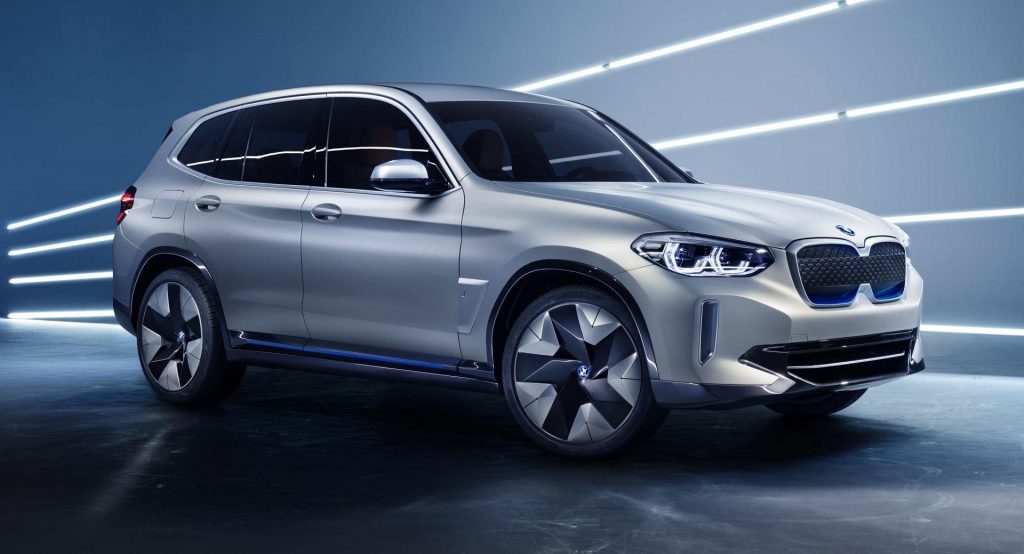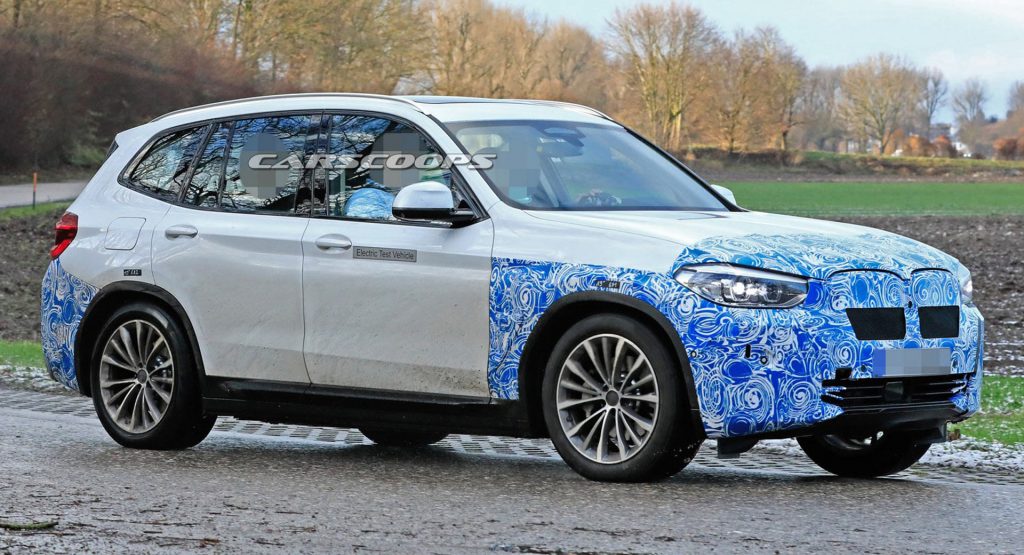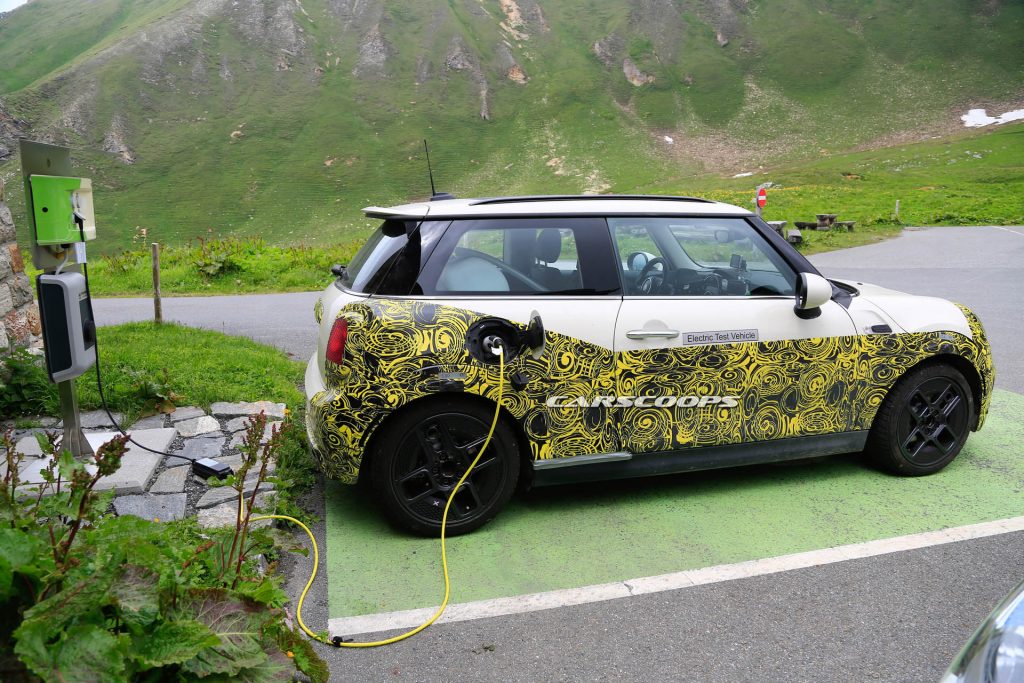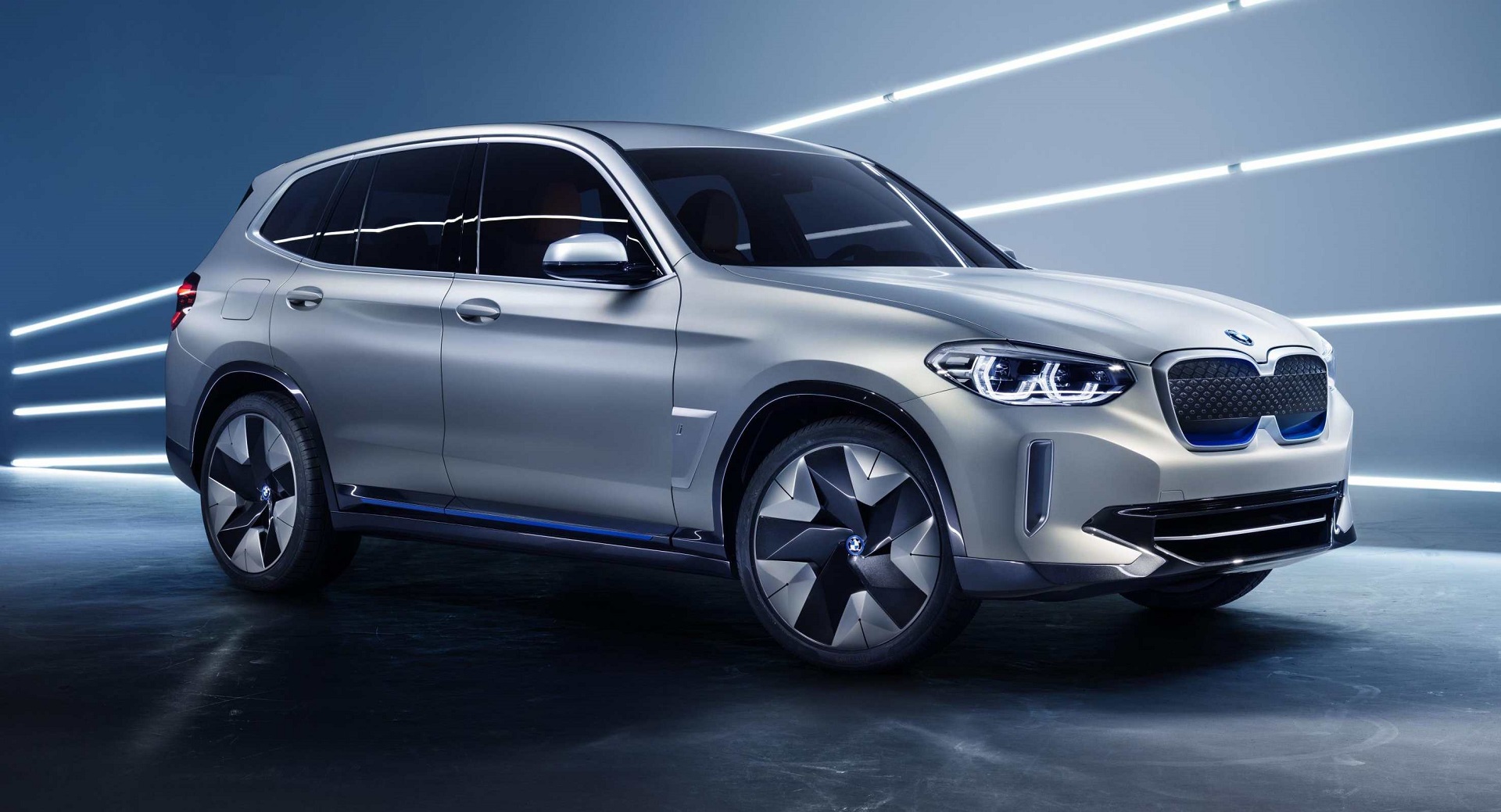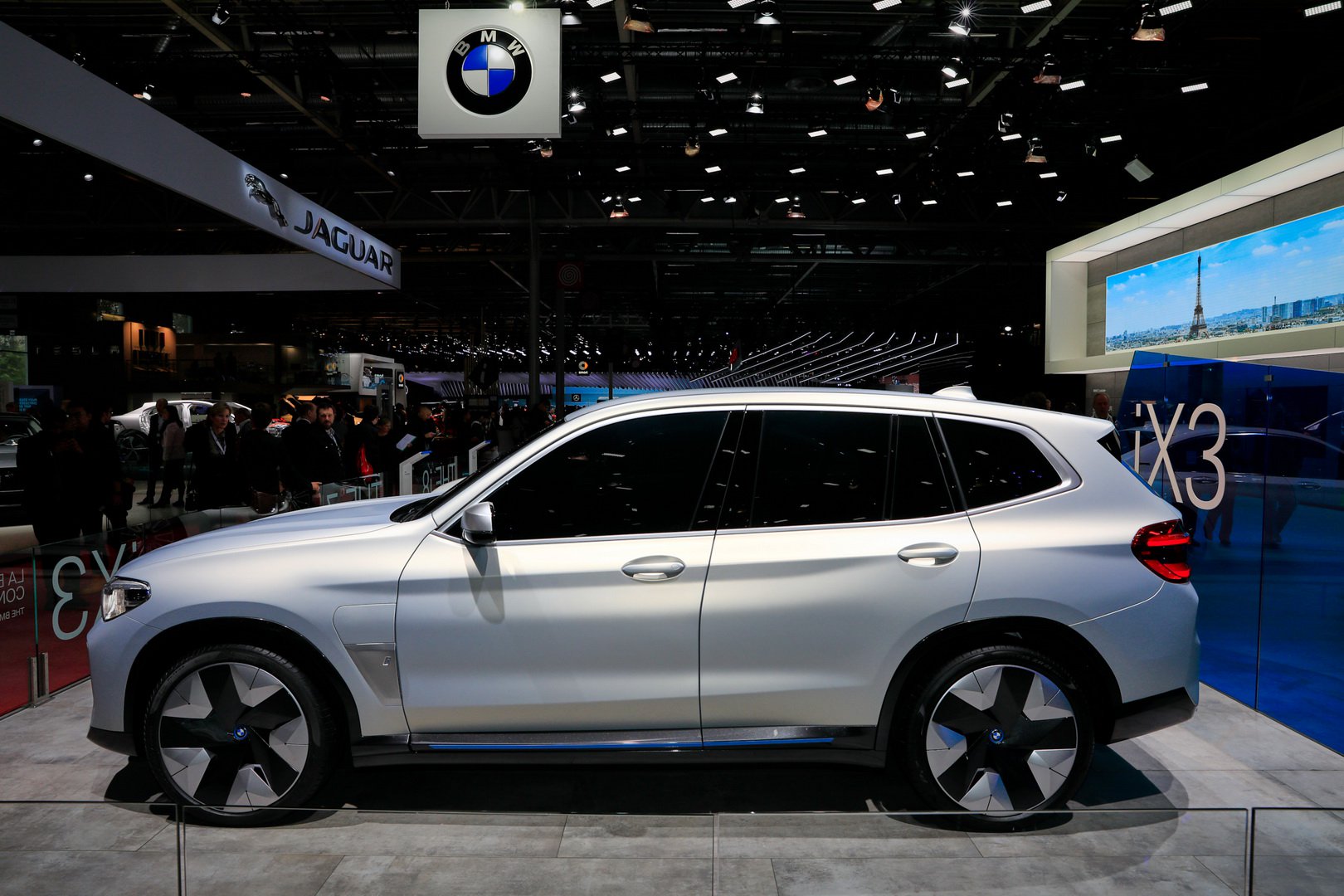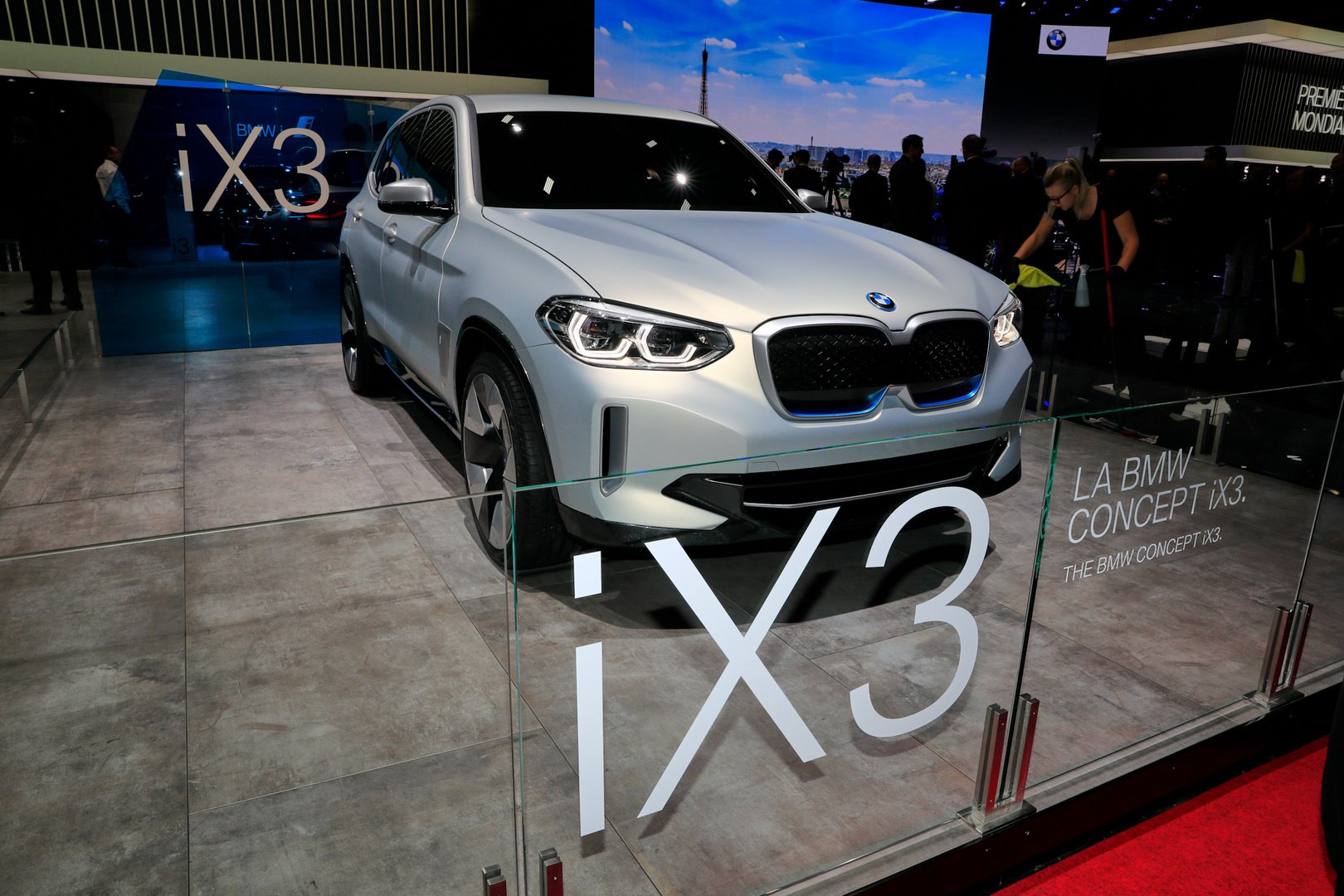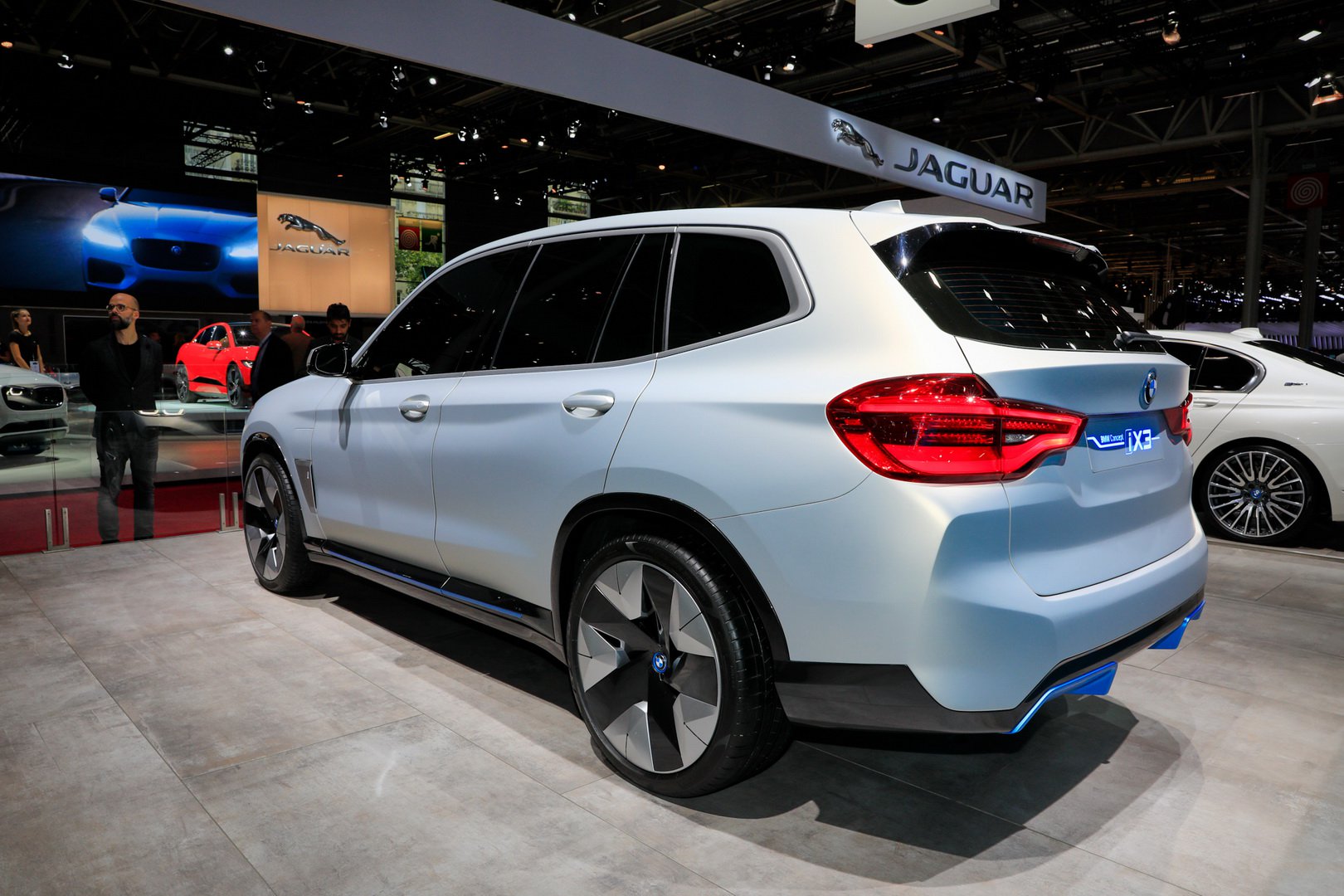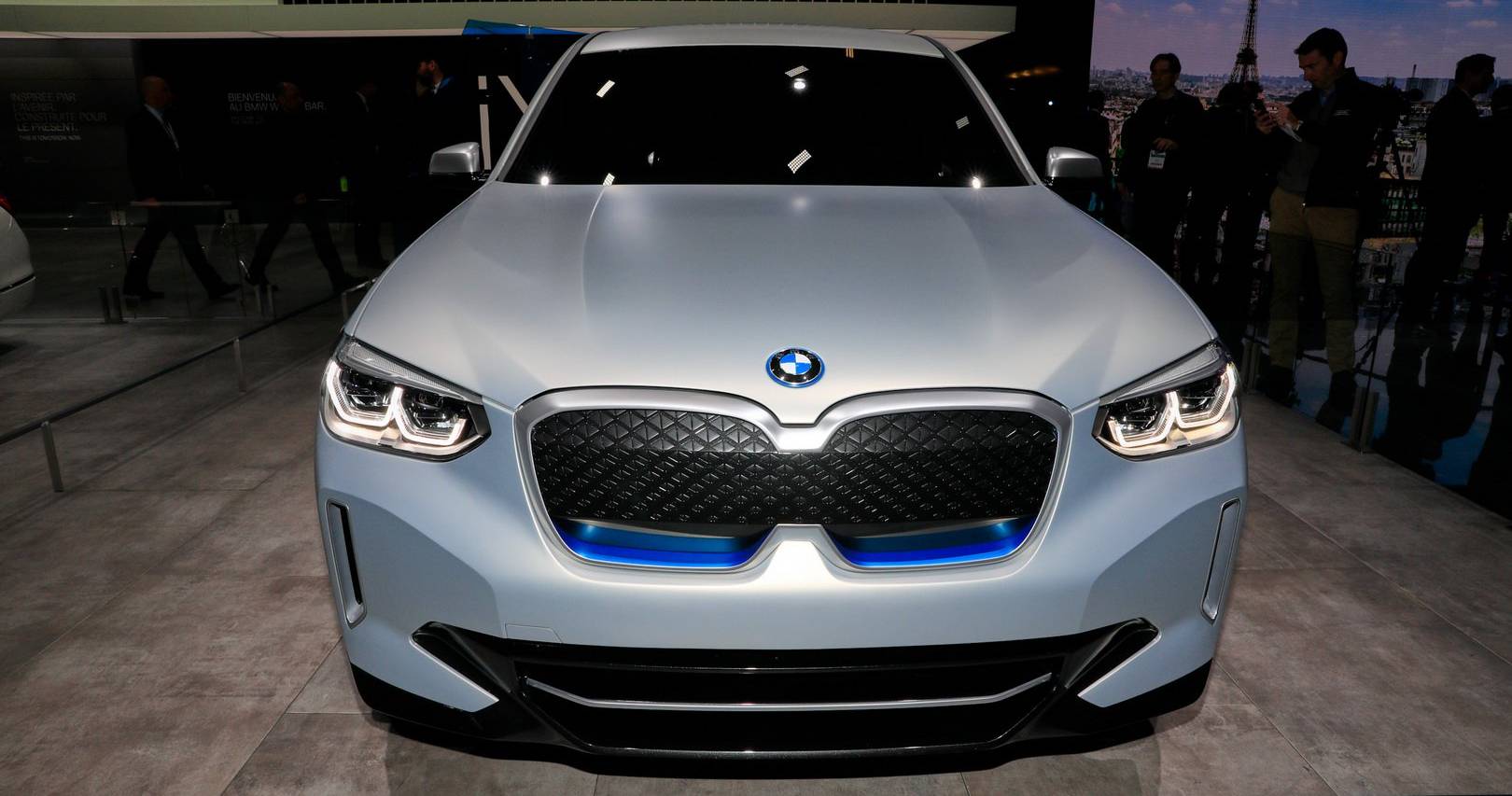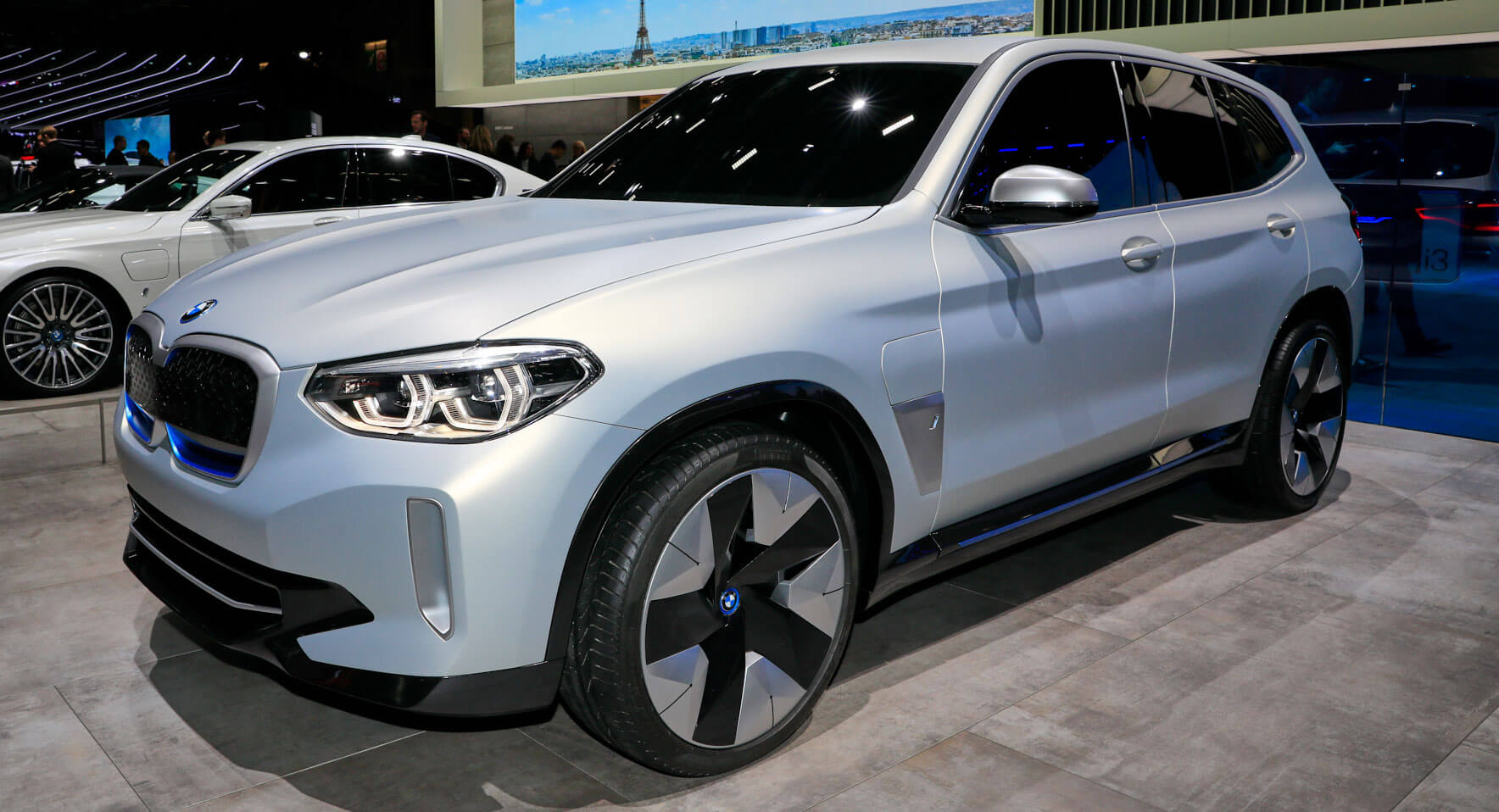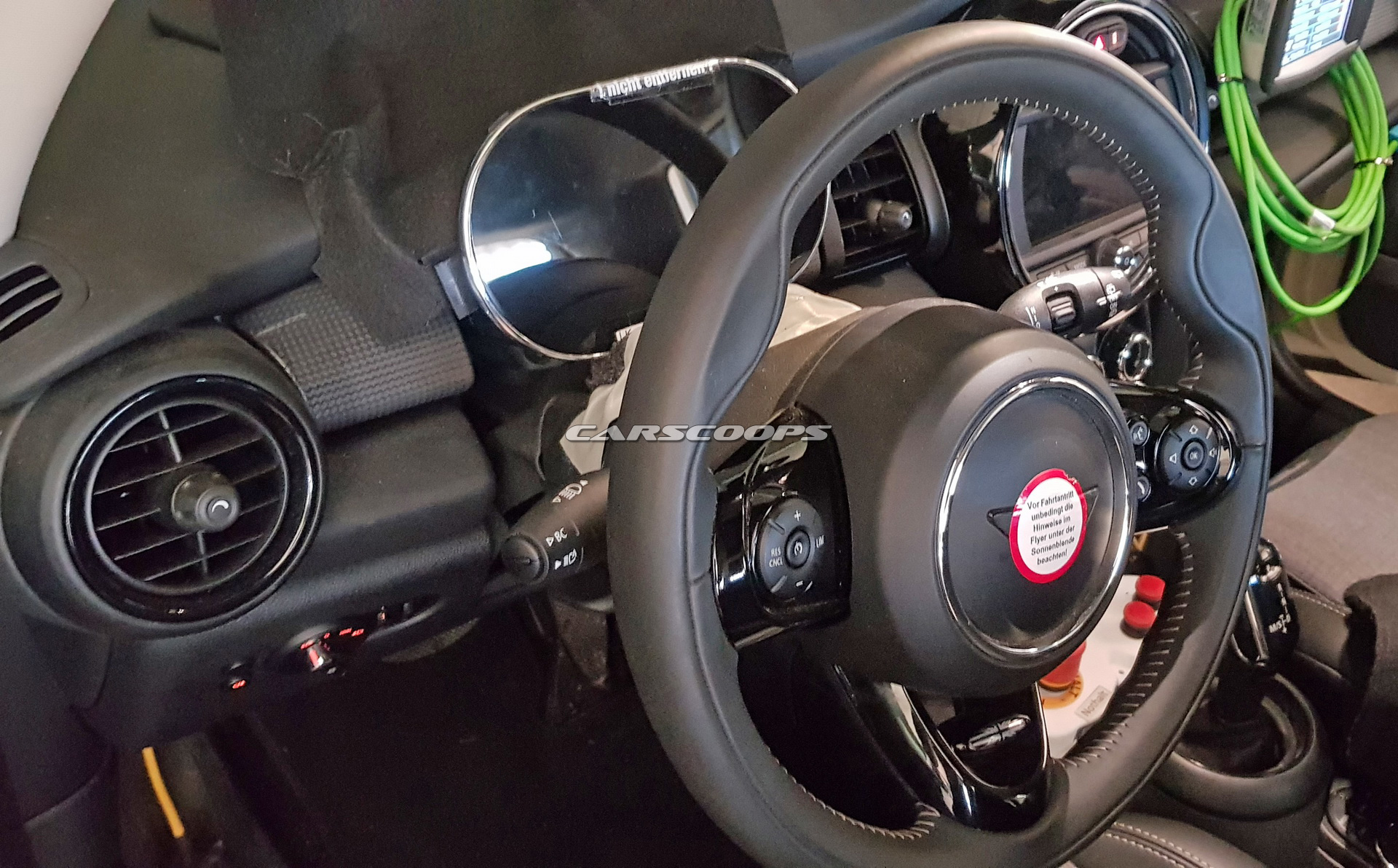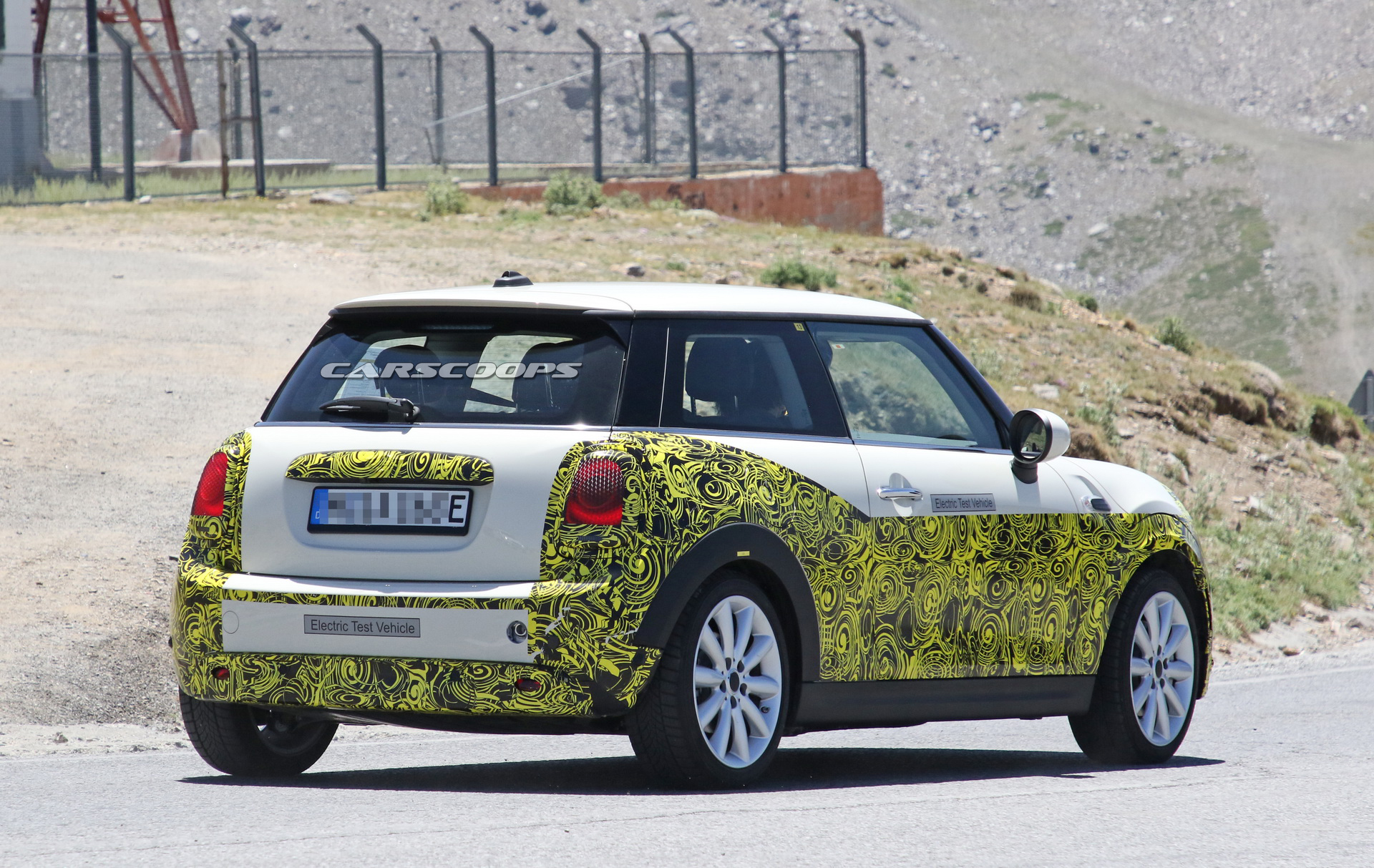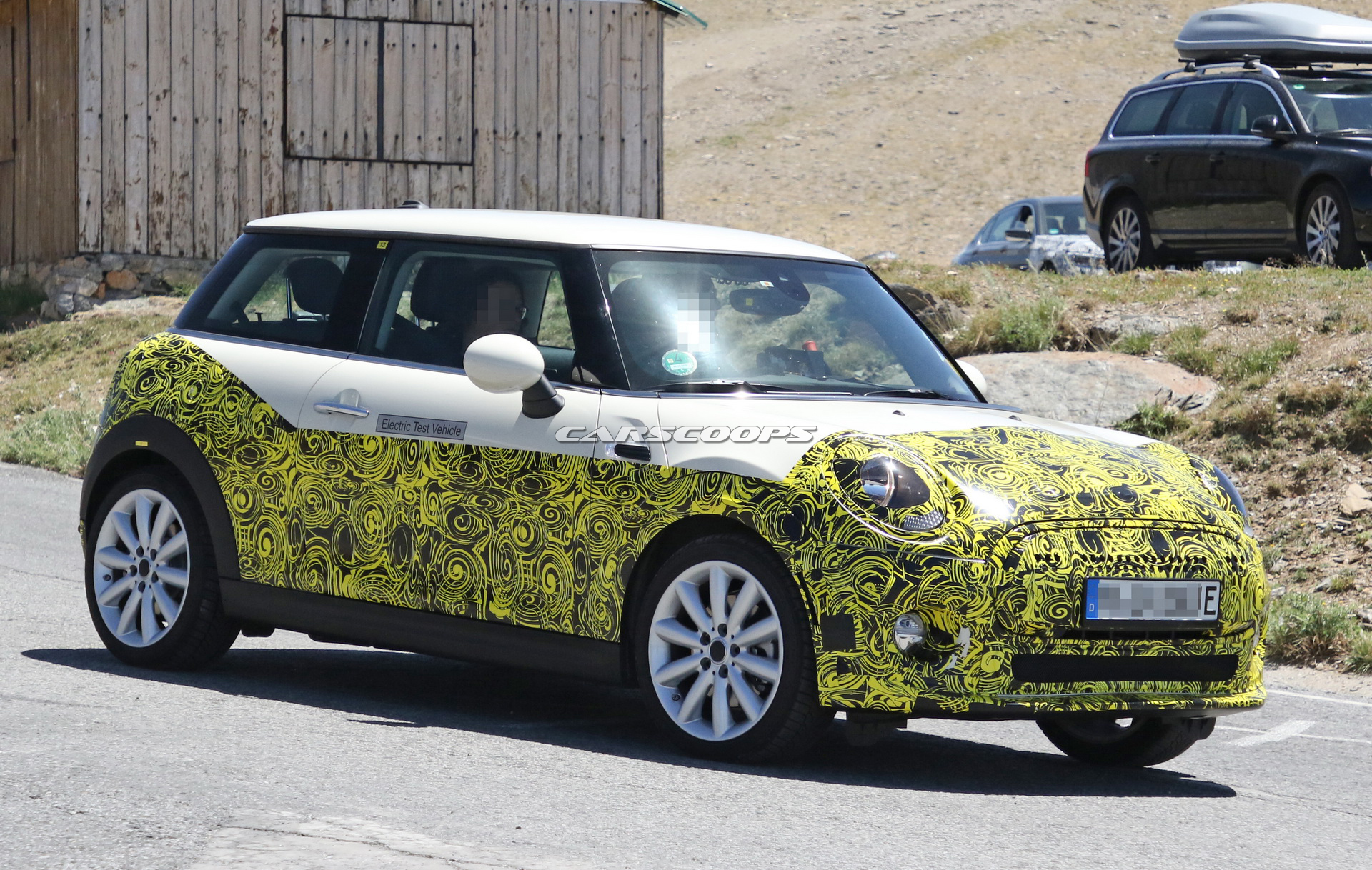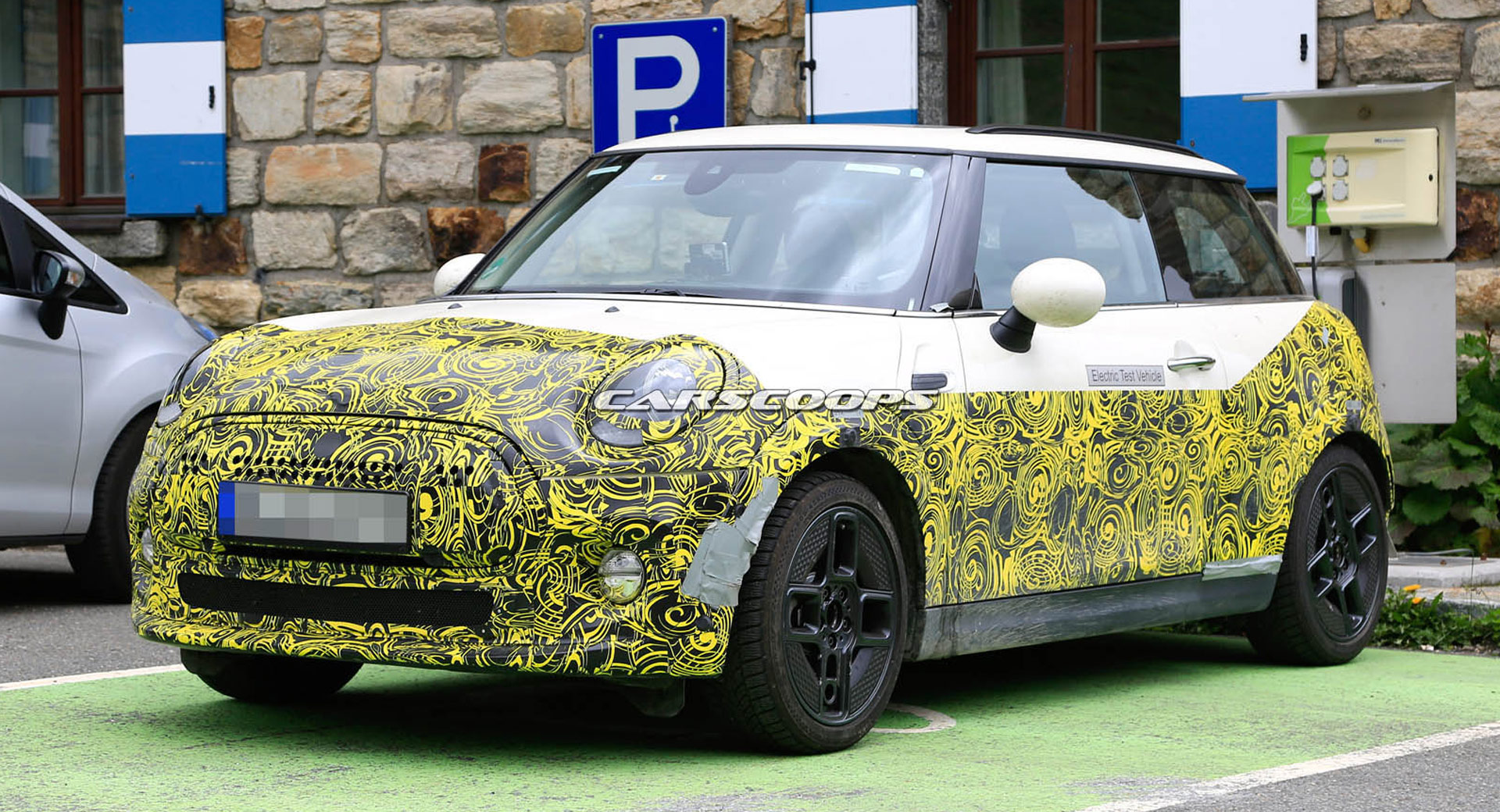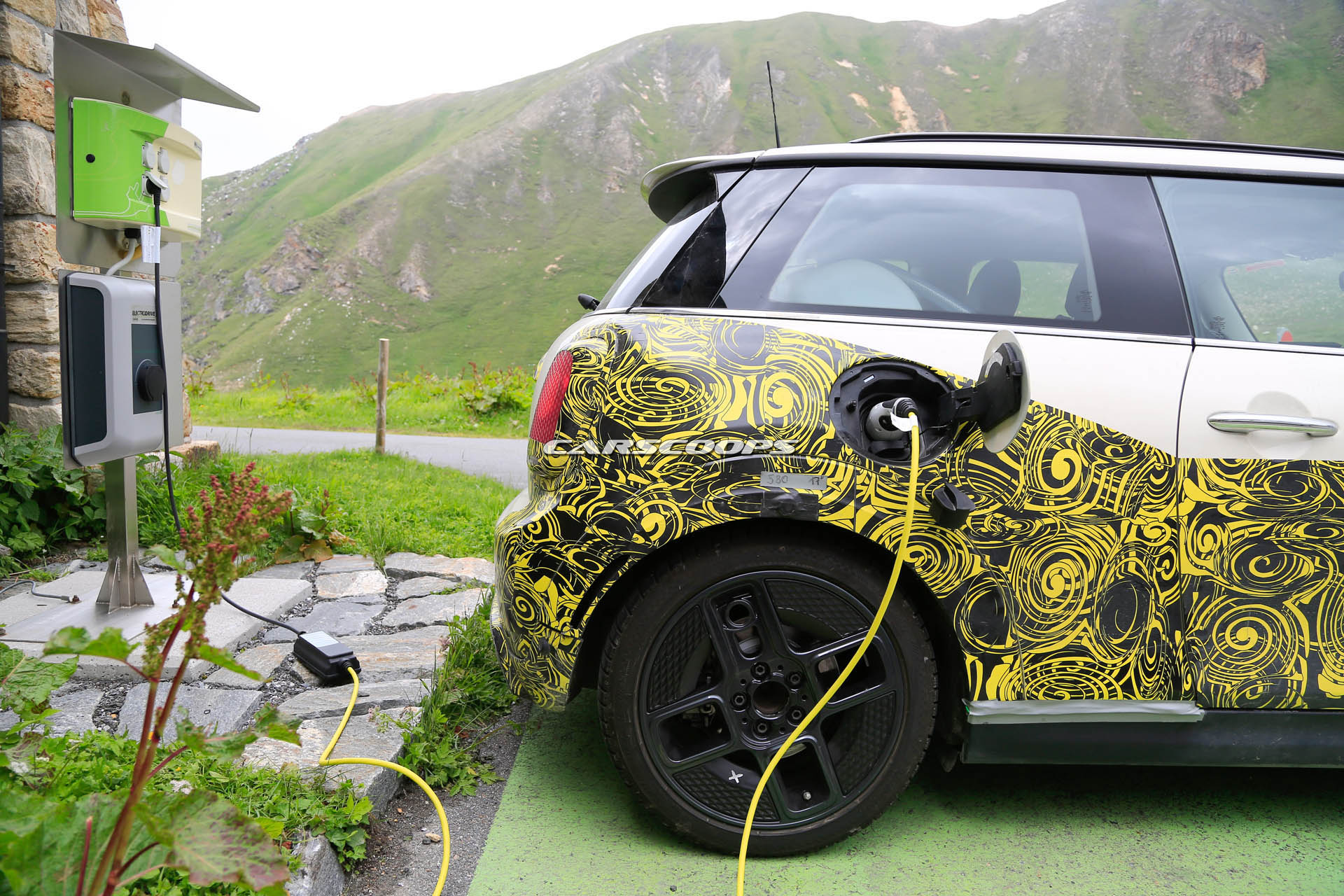BMW’s plan to export electric cars manufactured in China is being put on hold, as the threat of potential tariffs between the country and the United States is still looming.
With factories in Europe, China and the US, the German car maker picked China as its future export hub of electric vehicles, thanks to the lower labor costs and local support for the technology. BMW executives however told Reuters that the ongoing trade dispute is forcing them to pause their plans.
“We have no basis for taking a decision at the moment. Whether this is financially viable and whether it makes sense needs to be evaluated,” said CEO Harald Krueger.
BMW has already announced that they will produce the upcoming electric version of the X3 at the factory of their joint venture with Chinese partner Brilliance. So far, they have no plans to produce the iX3 in other factories.
In addition, BMW has also signed an agreement with China’s Great Wall to produce the first electric Mini in their factory. The political tensions, however, put a question mark over that project, too.
“That’s probably the most strategic question we discussed over the past two or three years,” said Peter Schwarzenbauer, BMW’s board member responsible for Mini. “With all the uncertainty around tariffs. I wouldn’t be able to give you a good answer of what will happen. The only option is to put yourself in a situation where you can react.”
When it comes to the electric Mini, BMW still has the option of building it either in the UK or in Netherlands. but the company is still undecided about which location to use as an export hub.
“If China export is something that can be done easily, we could export much more out of China. If this becomes difficult, we have to balance it with Oxford and Born.”




